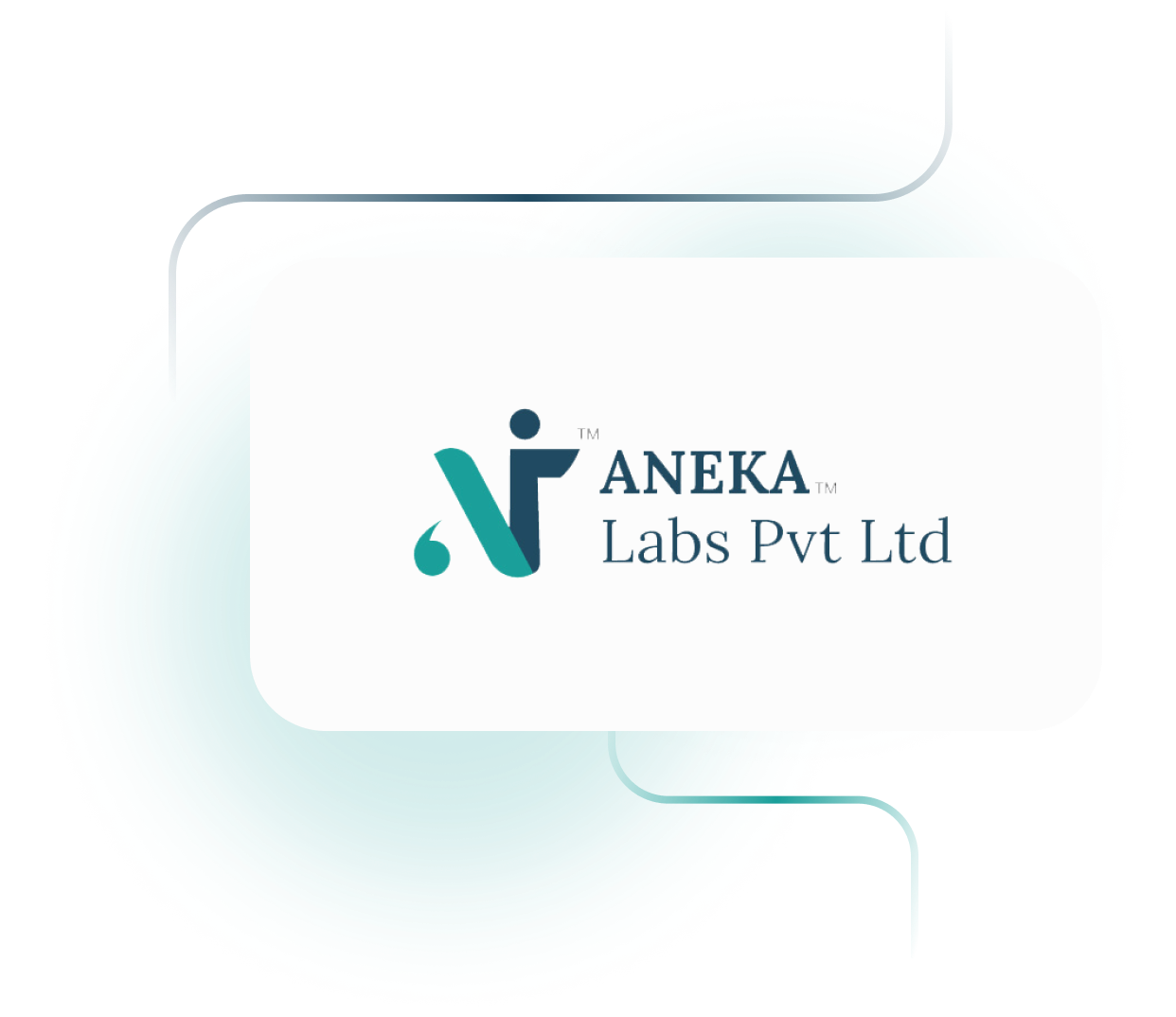The Role of MVP Development in Validating Market Demand

Did you know as many as 42% of startups fail because there just isn’t enough demand for their product?
Across industries, a huge challenge that entrepreneurs and startups face is turning an idea into a viable product. This tough reality makes the concept of Minimum Viable Products (MVPs) more important than ever.
An MVP is a basic, stripped-down version of a product that includes only the essential features needed to attract early users and validate the idea. It helps businesses test product-market fit with minimal investment and risk. By focusing on core features and gathering real user feedback early on, companies can validate demand before committing to full-scale development.
In this blog, we will look at how MVP development services can help validate market demand for your software product as you look to bring your innovative ideas to life.
What is an MVP?
A Minimum Viable Product (MVP) is a simplified version of a product that includes only the essential features necessary to solve a core problem for early adopters. The goal of an MVP is to test assumptions, gather real-world feedback, and refine the product based on actual user behavior rather than speculation.
The Role of MVP in Iterative Product Development
MVPs follow an iterative development process, where businesses launch a basic version, collect feedback, and improve the product over multiple iterations. So, if you are looking to launch a new software, an MVP approach ensures continuous enhancement and better alignment for your product with market needs.
Fun fact: Many successful startups began as MVPs before evolving into fully developed products. Take a look at some of these names that are huge brands now:
- Dropbox: Started with a simple explainer video to gauge interest before building the actual product.
- Airbnb: Launched by renting out space in a single apartment before scaling into a global platform.
- Spotify: Initially released a basic music streaming service to test demand before expanding features.
Also Read: Why Building an MVP is Essential for Startup Success
Benefits of MVP Development
An MVP offers legion benefits to businesses in terms of testing the waters, refining ideas, and making smarter investments before diving into full-scale development:
Reduces Development Costs
Building a full-featured software product without validating demand can be a costly mistake. MVP development helps avoid unnecessary expenses by focusing only on core product functionalities.
Speeds Up Time-to-Market
An MVP allows businesses to launch quickly, gain a competitive edge, and adapt based on user feedback before investing heavily in additional features.
Gathers Real User Feedback
By putting a functional prototype in users’ hands, businesses can gain valuable insights into customer needs, preferences, and pain points.
Minimizes Risk
Instead of betting on assumptions an MVP validates demand early, so that resources are invested in the right direction before scaling up.
Key Steps in MVP Development
Building a successful MVP requires a structured approach that ensures your product meets market needs while remaining cost-effective.
1. Identifying the Core Problem and Target Audience
Understanding the problem that the product aims to solve is critical. Conducting market research and engaging with potential users helps define the target audience.
2. Defining Must-Have Features and Avoiding Feature Bloat
It is necessary to prioritize only the most essential features that provide value. Adding too many features in the initial phase can complicate development and delay launch.
3. Developing a Rapid MVP Prototype
Creating a prototype helps visualize the product’s functionality before investing in full-scale development. Rapid MVP prototyping allows for quick iterations based on user feedback.
4. Testing with Early Adopters and Collecting Feedback
Releasing the MVP to a select group of users gives meaningful insights that guide further improvements.
5. Refining and Scaling Based on Data-Driven Insights
With real user feedback, businesses can make data-driven decisions about enhancements and scaling strategies.
How MVP Development Services Can Help
In the background of everything we discussed above, the most important aspect to understand is that building an MVP is not just about writing code. It is about validating your idea, refining your product, and making sure there is scalability from the start.
This is where MVP development services come into the picture, providing the necessary expertise and strategic approach required to bring your vision to life efficiently.
Here’s how MVP development services help:
1. Expertise in Rapid Prototyping
Building an MVP requires quick iterations and continuous improvements. Development service providers specialize in rapid prototyping, so that your product is developed, tested, and refined based on real user feedback before scaling further.
2. Guidance on Feature Prioritization
One of the biggest challenges in MVP development is deciding what features to include and what to leave out. Experts in MVP development analyze business goals, market trends, and user behavior to help define the must-have features which means your MVP remains lean, effective, and aligned with user expectations.
3. Scalable Product Development
MVPs are more than just about launching quickly. They also need to be built for long-term growth. Development services ensure that your product is scalable from the start which lets you get seamless expansion, new feature integrations, and improved performance as your user base grows.
4. Ongoing Support & Iteration
The launch of your MVP is just the first step. Reliable development partners provide post-launch support, bug fixes, and continuous improvements, helping you ensure your product evolves based on real-world usage and customer feedback.
5. Access to Specialized Talent
MVP development services give you access to experienced professionals across software, web, Content Management System (CMS), and mobile app development. These teams have the technical know-how to transform your idea into a functional, market-ready product without the delays of assembling an in-house team.
6. Strategic Technical Consultation
Beyond development, a successful MVP is about understanding user needs and market demands. Development service providers bring deep industry experience and technical expertise to help you refine your idea, prioritize features, and create a product that truly resonates with users.
7. Faster Time-to-Market
Speed is critical when launching a new product. MVP development services streamline the process with proven workflows, agile methodologies, and dedicated teams so that your product is built efficiently and ready for market much faster than an in-house team could achieve.
8. Cost-Efficient Development
Instead of investing heavily in hiring an in-house team, MVP development services allow you to develop a high-quality, feature-rich product at a fraction of the cost. They help businesses avoid unnecessary expenses by focusing only on the essential features needed for market validation.
Final Thoughts
MVP development plays a key role in validating market demand and reducing risk, so that as a business, you invest your resources effectively.
Consult an MVP development service provider like AnekaLabs today and bring your vision to life efficiently and cost-effectively.

